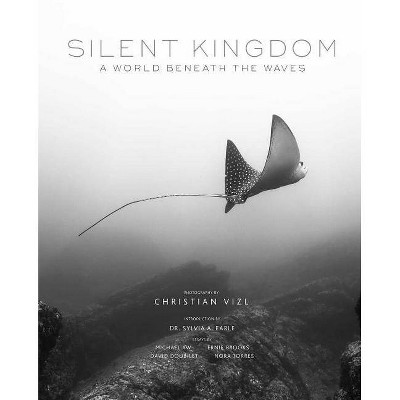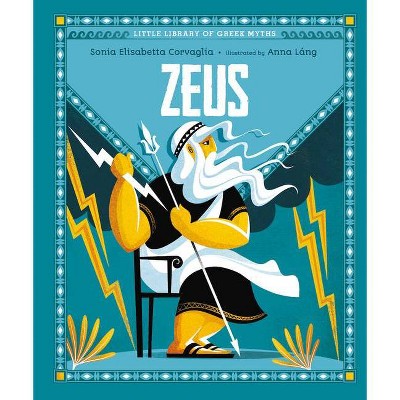Silent Film Performance - by Elisabetta Girelli (Hardcover)

Similar Products
Products of same category from the store
AllProduct info
<p/><br></br><p><b> Book Synopsis </b></p></br></br><p>This book provides a groundbreaking exploration of silent film performance. It combines close reading of silent screen acting with theoretically informed analysis, stressing the overlap between different performative arts, such as film and stage acting, dance, mime, and pantomime. The boundary between silent and sound films is also challenged. Anna Pavlova's acting in <i>The Dumb Girl of Portici</i> is read through Freud's work on the uncanny, disability studies, and notions of intermediality. Vladimir Mayakovsky's performance in <i>The Young Lady and the Hooligan </i>is approached as a silent soliloquy and a representation of loneliness. Ivan Mozzhukhin's tour de force in <i>The Late Mathias Pascal</i> is discussed through a queer failure lens, while Pola Negri's presence in <i>Hotel Imperial</i> is analysed with the aid of texts on wartime anxiety. Harald Kreutzberg's stunning number in <i>Paracelsus</i> is examined in the light of theories of mime and pantomime, arguing for its subversive potential in a Third Reich sound film.<br></p><p></p><p/><br></br><p><b> From the Back Cover </b></p></br></br>This book provides a groundbreaking exploration of silent film performance. It combines close reading of silent screen acting with theoretically informed analysis, stressing the overlap between different performative arts, such as film and stage acting, dance, mime, and pantomime. The boundary between silent and sound films is also challenged. Anna Pavlova's acting in <i>The Dumb Girl of Portici</i> is read through Freud's work on the uncanny, disability studies, and notions of intermediality. Vladimir Mayakovsky's performance in <i>The Young Lady and the Hooligan </i>is approached as a silent soliloquy and a representation of loneliness. Ivan Mozzhukhin's tour de force in <i>The Late Mathias Pascal</i> is discussed through a queer failure lens, while Pola Negri's presence in <i>Hotel Imperial</i> is analysed with the aid of texts on wartime anxiety. Harald Kreutzberg's stunning number in <i>Paracelsus</i> is examined in the light of theories of mime and pantomime, arguing for its subversive potential in a Third Reich sound film. <p/>Elisabetta Girelli is Honorary Senior Lecturer in Film Studies at the University of St Andrews. She has published widely on performance, stardom, silent film, Queer Theory, and cinematic representation. <p/><p> </p> "Even with a perfect conceptual framework, if you cannot describe how an actor moves, bends, jumps, dances, smiles, breaks into despair, bites his hands, closes her eyes, and if you cannot do it with a vivid and ekphrastic style of writing that can produce specific images, you cannot study film acting. Girelli is the kind of gifted writer that acting studies needs. She knows what a significant detail is; she can show how these details form a gesture, an expression, an ethical or a political stance; and she has the ability to unfold her descriptions with rhythm, thereby reproducing the specific duration of any acting style. Girelli writes about acting style the way a musician performs a piece of music."<p></p><p>- Serge Cardinal, University of Montreal</p><br><p/><br></br><p><b> About the Author </b></p></br></br><p>Elisabetta Girelli is Honorary Senior Lecturer in Film Studies at the University of St Andrews. She has published widely on performance, stardom, silent film, Queer Theory, and cinematic representation.</p><br><p></p>
Price History
Price Archive shows prices from various stores, lets you see history and find the cheapest. There is no actual sale on the website. For all support, inquiry and suggestion messagescommunication@pricearchive.us




















